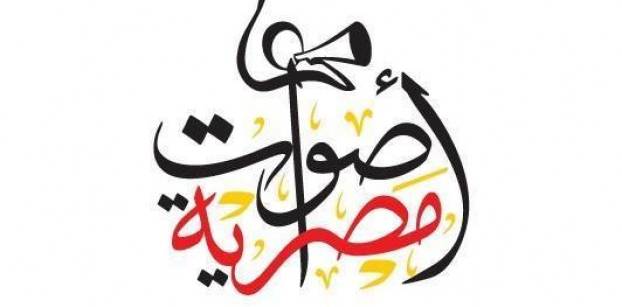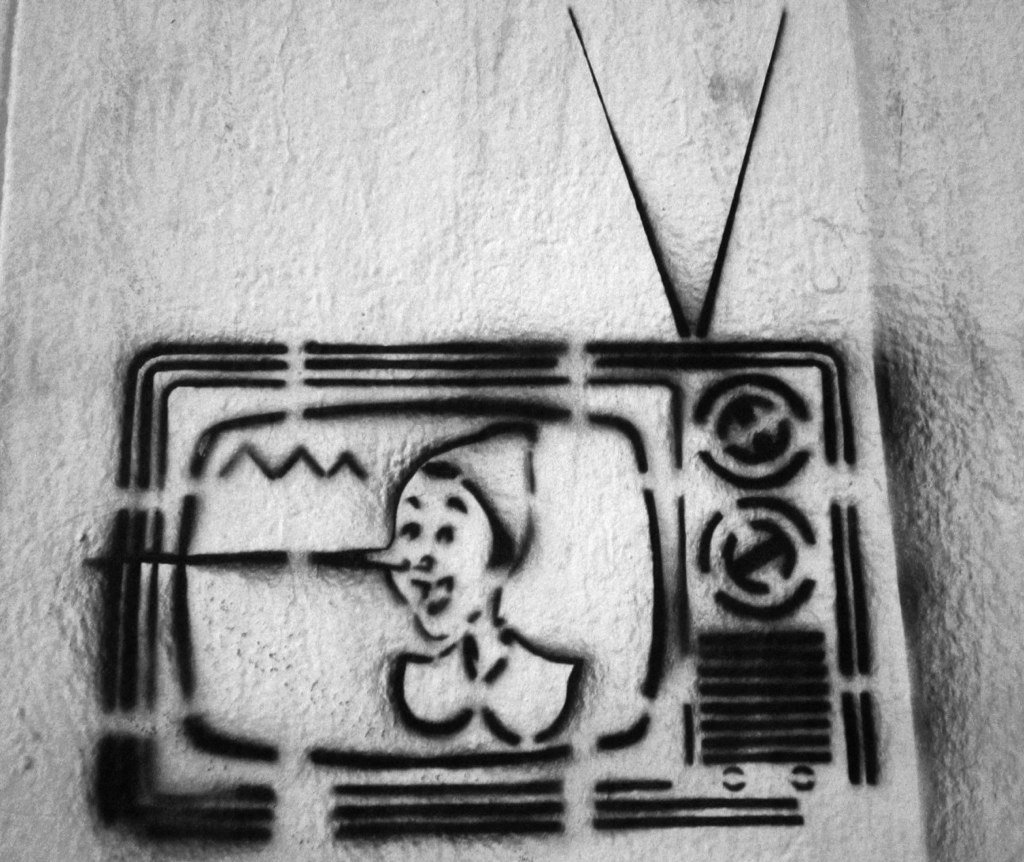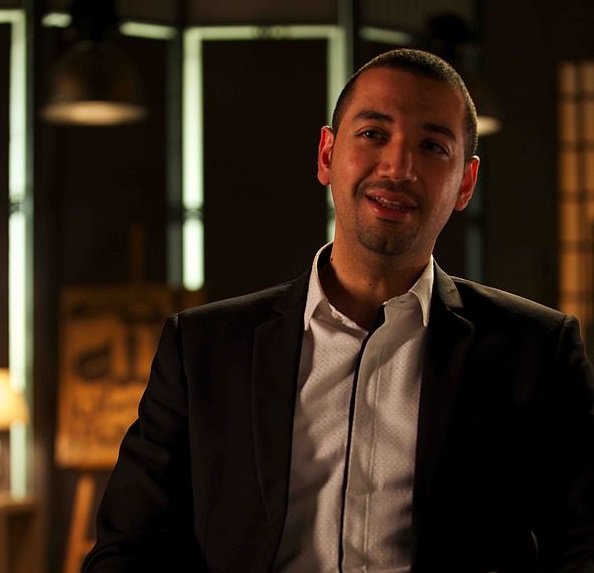Issue 23, winter/spring 2017 https://doi.org/10.70090/DI17BD25 Abstract This case study highlights an experiment that aimed to disrupt traditional television news production and presentation models in post-revolution Egypt. It is a snapshot of a brief moment in Egyptian television history when an attempt was made at innovating news production and content, but …
Read More »Lebanese Talk Show Host Arrested After ONTV Contract Terminated
June 27, 2016—Lebanese broadcast journalist and TV host Liliane Daoud was arrested today, mere hours after she ended her contract with Egyptian television channel ONTV.
Read More »Jail Sentence for Controversial TV Host Reduced to One Year
December 29, 2015—An Egyptian appeals court announced its decision to reduce the jail sentence of controversial religious researcher and television host Islam al-Beheiry today. Convicted in absentia last May for contempt of religion, al-Beheiry had lost an earlier appeal attempt in October.
Read More »PODCAST | Questioning the Narrative
Abdalla Hassan, author of Media, Revolution and Politics in Egypt (I.B. Tauris) and Associate Director of the Adham Center for Television and Digital Journalism, speaks with outspoken TV presenter Reem Maged about the post-revolution media landscape and freedom of expression in Egypt. Maged spoke to us following her lecture on "Media Manipulation" at the American University in Cairo.
Read More »Nov. 10, 2015 – Egypt rights group denounces anchorwoman’s suspension
On Monday The Arab Network for Human Rights Information (ANHRI) denounced the suspension of Azza Elhenawy, an anchorwoman at Egypt's state television for comments she made on her show earlier this month. (Aswat Masriya)
Read More »PODCAST | Tackling Egypt’s National Broadcasting Dilemma
For the first episode of the Arab Media & Society Podcast, Managing Editor Sarah El-Shaarawi speaks with Hafez Al Mirazi, a veteran of Arab and international broadcasting and Director of the Adham Center for Television and Digital Journalism at the American University in Cairo about why reforming Egyptian national broadcasting is essential to its survival.
Read More »Oct. 30, 2015 – Controversial TV anchorwoman Riham Saeed resigns as channel suspends her show
Al-Nahar TV Network announced Friday the suspension of Sabaya al-Kheir TV program hosted by controversial anchorwoman Riham Saeed, who resigned amid public outrage against her for airing personal photos of a guest on her show without her permission. Last Tuesday, Saeed hosted Somaya Tarek, who claims to have been harassed by a man in a Heliopolis mall. On her show, Saeed appeared to defend the man and blame the woman, implying that Tarek "had brought it on herself." (Aswat Masriya)
Read More »The Counterrevolution Will Be Televised: Propaganda and Egyptian Television since the Revolution
In a short and critical read, Amr Khalifa draws attention to the Egyptian state’s influence on shaping the narratives propagated by national and local media, particularly television. Using initial coverage of the 2011 Revolution as a jumping off point, Khalifa argues that the same mechanisms for controlling the media have been used and reused by successive governments, and reflects on new limitations on freedom of expression, which he argues are more stringent than those seen under Gamal Abdel Nasser.
Read More »Interview with Moez Masoud, Host of ART’s English-Language Islamic Talk Shows
Moez Masoud is a 27-year-old Egyptian who hosts his own English-language Islamic talk shows, Parables from the Quran and Stairway to Paradise, on the Saudi-owned ART satellite network. With several new TV contracts in the works, including the possibility of a show on an American channel, the handsome young economics graduate …
Read More »The Love Network: New Coptic TV Channel ‘Aghapy’ Hits the Airwaves
An elderly man lays bedridden in his lower middle-class home in Shoubra, a largely Christian neighborhood near the heart of Cairo. Paralyzed for some 14 years following an injury to his spine, the man rarely leaves his home, as doing so has become an unbearable hassle. Until recently, this misfortunate …
Read More » Arab Media & Society The Arab Media Hub
Arab Media & Society The Arab Media Hub







